Why are they getting so much hoopla?
It is no secret. Native plant articles abound. Some states, have deemed a whole month to them (April.) by hopping on the National Native Plant Month bandwagon, North Dakota is the exception! Benefits to pollinators are top news stories and native plants have seemingly taken the Internet and the water cooler by storm. And for good reason. For plentiful reasons actually. But there is one reason that you may not think of, or that no one really talks about. It’s a hidden gem of a secret and I bet you’ll never guess what it is. Grab your trowel and your bucket hat…I am going to tell it to you.
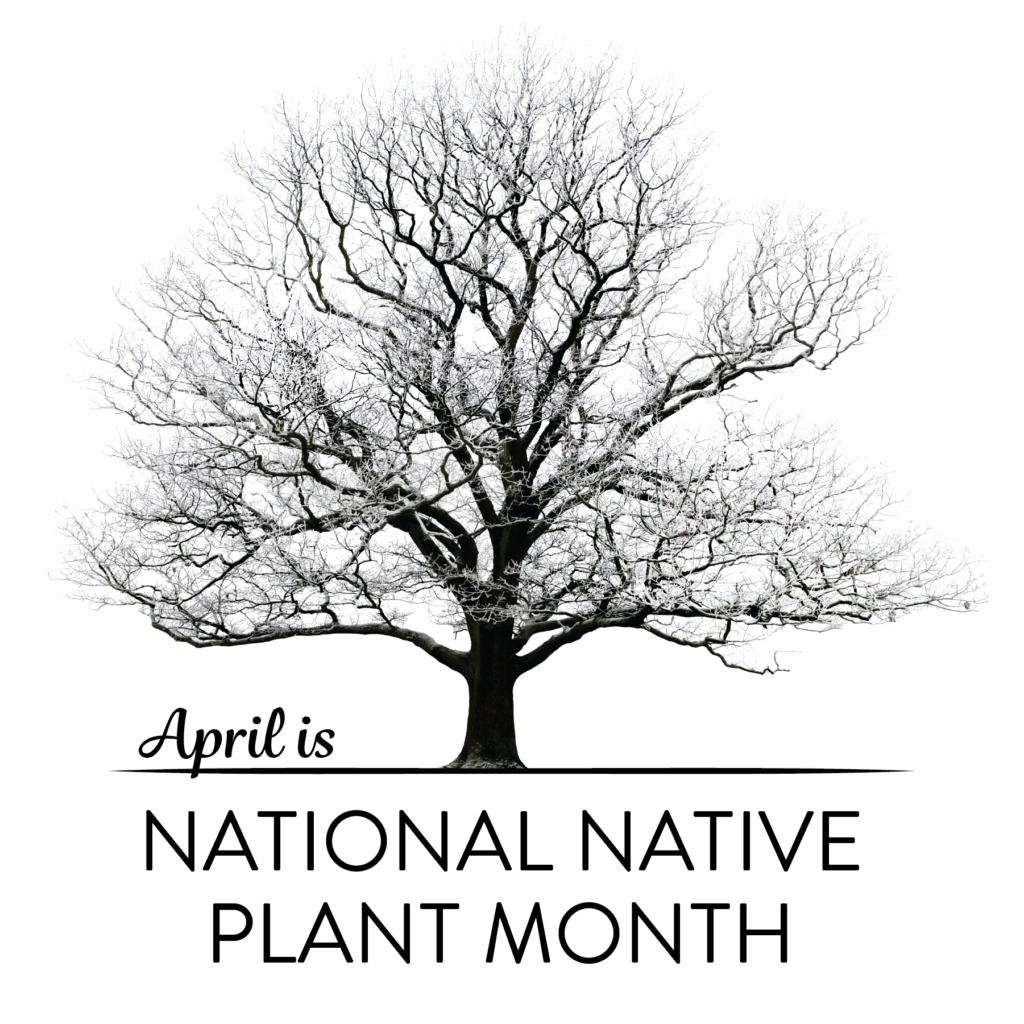
If you are reading this blog then chances are you have the knowledge base to know what a native plant is, and why they are such a buzz word nowadays. So I am not going to do the Class 101 on what they are. But what they provide is expansive. They provide endless benefits to bees, butterflies, birds and other pollinators. No surprise there. But there is more. And that benefit is to YOU. The gardener, or simply the person that takes enough time to stop and look at them. You can put down the trowel and hat now, but extra brownie points to you if you really did grab them.
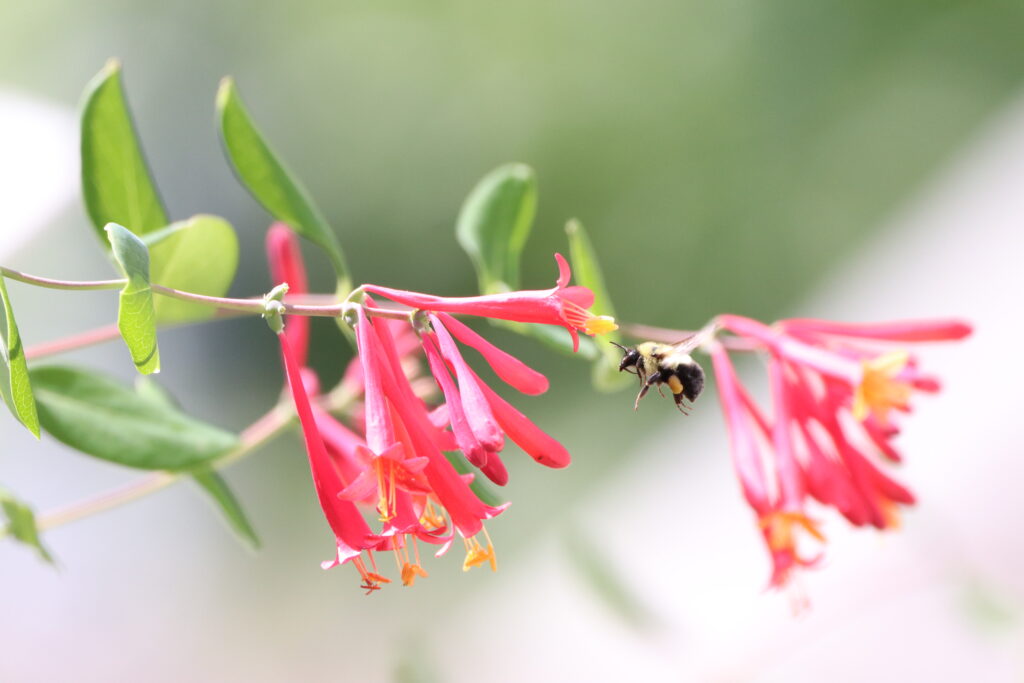
Whether you are visiting a garden that has native plants, or you have just planted a small garden yourself, well, you are in for a special treat. Native plants do this funny thing every year, where they come back. They bloom over and over year after year. (Going back to the 101 here, that is of course assuming you planted the right plant in the right place, natives are best grown in the conditions that they are accustomed to.)
…captivating you with a change in the calendar that isn’t on paper, or digital. It is right there in front of you.
So with a little observation, you, the patient observer are dealt a deck of 365 days of dynamic change, beauty and a natural choreography. That my friends, is secretly the draw to native plants that no one knows, but that all get the privilege to enjoy. As long as you are willing to take the time to observe. To take a little lesson in mindfulness I guess you could say. And this secret applies regardless if your garden is 5′ x 5′ or 1 acre.
I often joke around that getting the mail takes me such a long time, because I take a scenic detour on every trip down the driveway. I may stop and listen to see what bird is singing, or I may stop to see which bud is starting to bloom, or die back. I may kneel down and see what sprout is pushing its way out to capture some light. Native plants have this uncanny ability to make us acutely aware of changes in our natural surroundings. The sounds around us. The colors on the wing of a butterfly.
They leave you watching the skies, listening to the trees, feeling the breeze in a way you didn’t know was possible.
I remember when I was in college I learned about Seasonal Affective Disorder and how changes in the light (especially in winter) can have profound changes on our minds. As a species, we are born with ability to be aware of our surroundings. We know when we feel cold. We know when we feel hungry and when we feel tired, and when the lack of sunlight affects our mood. Much of those feelings are brought about by changes in our surrounding environment. Once you start to notice native plants, or better yet plant them in your garden, you will also start to notice things that you maybe didn’t notice before. Perhaps a new bird will pop over.
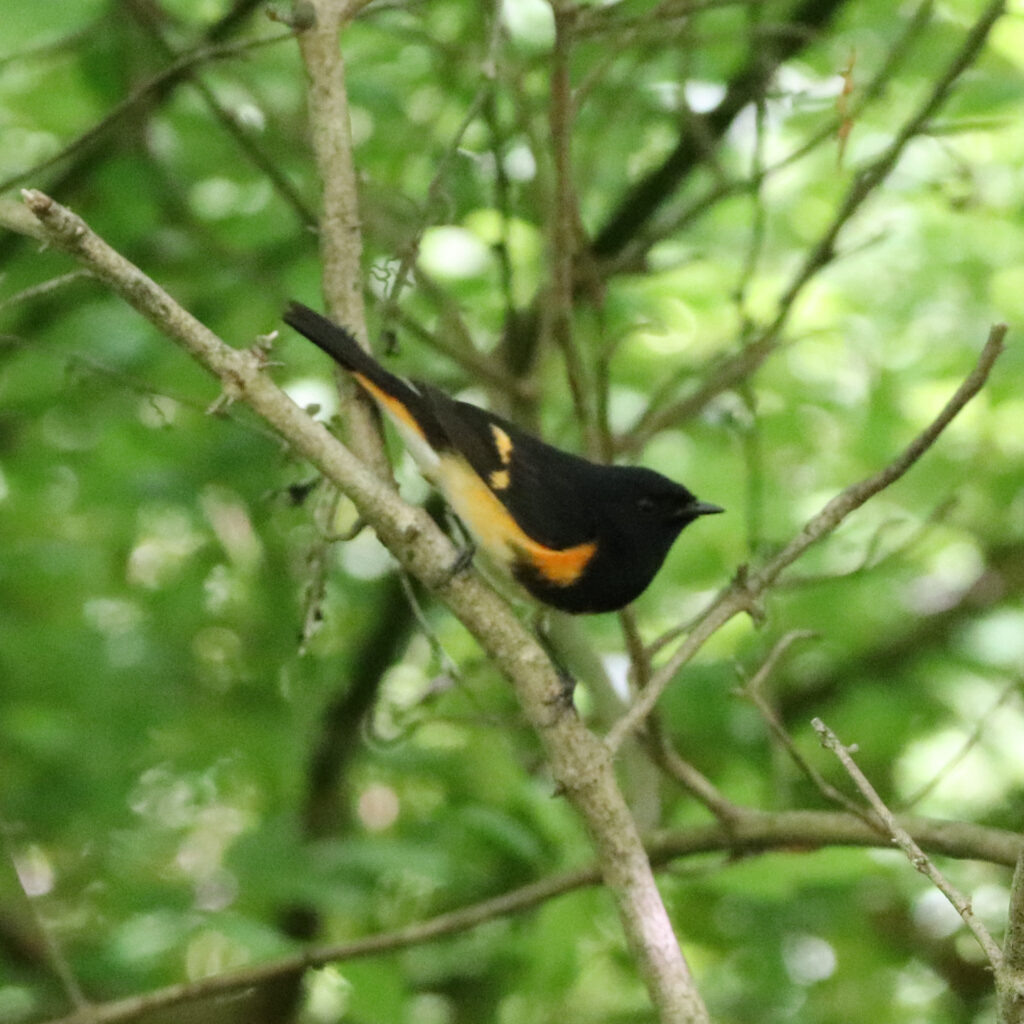
A few weeks ago before we had to adjust our clocks, I began to notice how the sunlit shadows in the house looked a little different. How the angles changed on the floors. They were bigger, more angular, more bright, and functioned as a small beacon of warmth that was on the way. I truly believe it is due to the awareness I have gained from the native plants in my yard. They have made me more aware of things that were often unnoticed.
Our calendar is based on the trip around the sun. So it is not hard to imagine, changes happening outside my windows reflect changes on what is showing on the calendar. Case in point, the first day of Spring for me is always the first day that I see a Tree Swallow, which varies year to year. One year it was March 19th. Two years in a row it was March 21st. So far this year, they haven’t marked my calendar. But they will, they are migrating their way up here right now. And Spring will be right behind. But what do Tree Swallows have to do with native plants?
Good question. Native plants are great at attracting insects. Insects of all kinds. And Tree Swallows are high flying acrobats that are insectivores, and they love catching their lunch on the wing. A large portion of our backyard is their buffet table from May through early August.
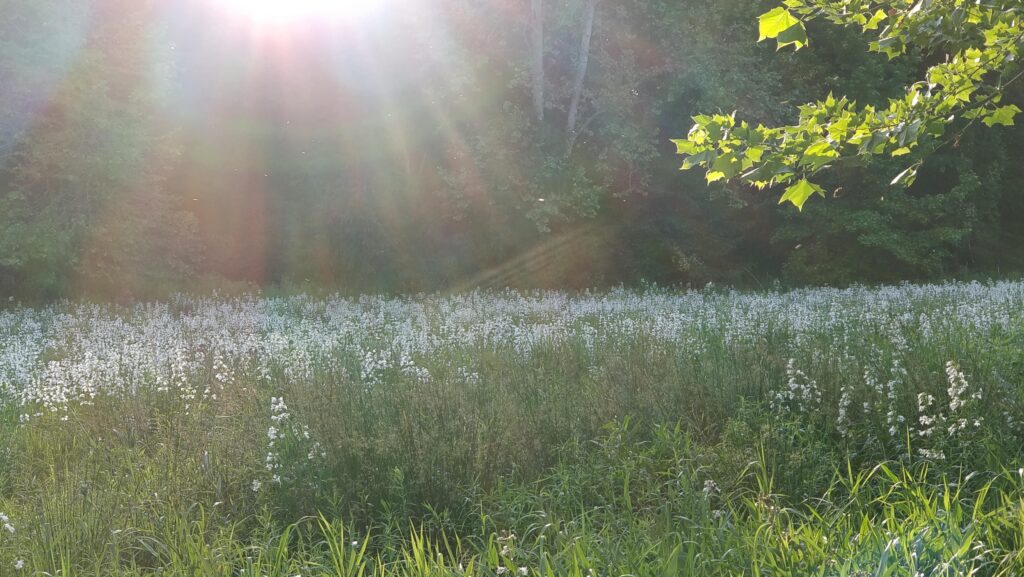
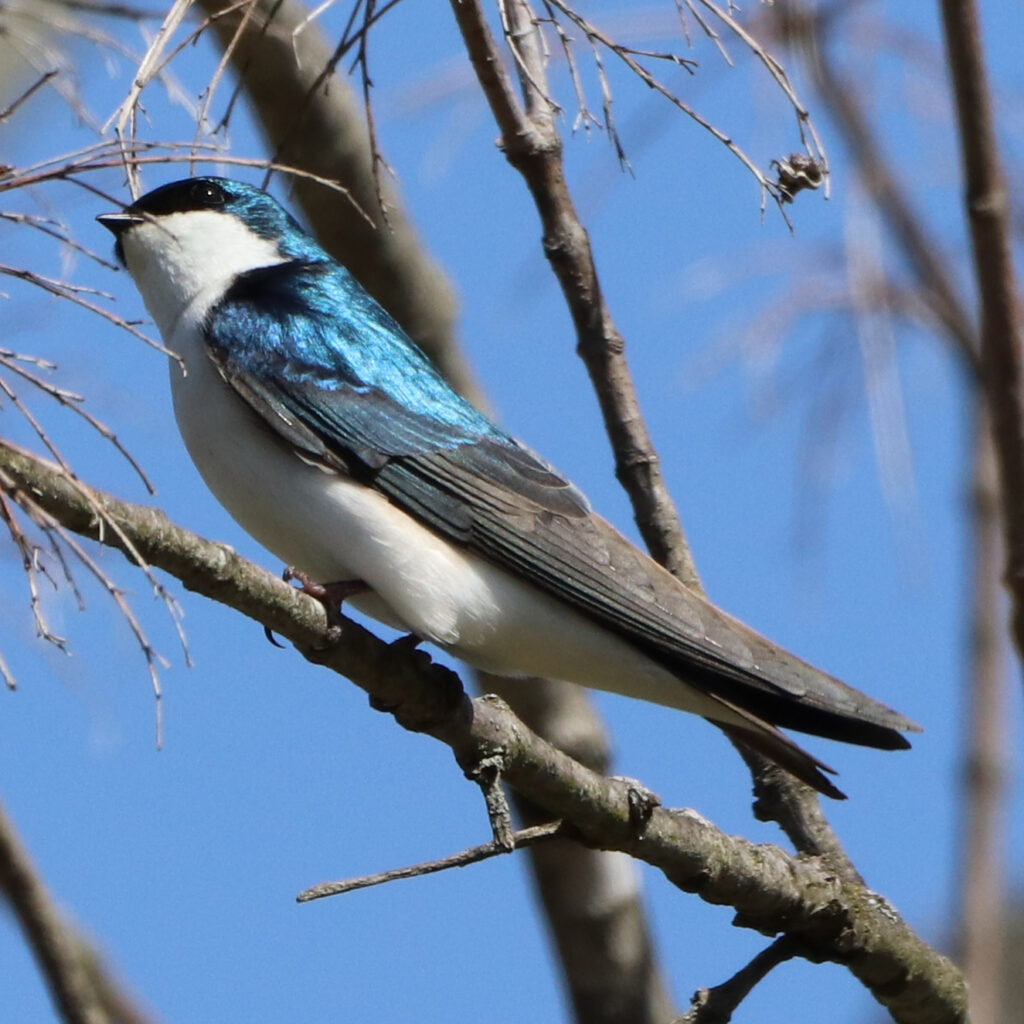
If you live in an area with diverse seasonal change (like cold winters and hot summers) then you are already in tune with changes happening around you. If you walk to work you may notice seasonal decorations that change in the city streets or windows. You are mindful of the days that you may need an umbrella, or the ways when you drive that you need sunglasses versus windshield wipers. Already, your awareness is there. But when you have native plants around you… Watch out!! Your awareness about the natural world around you will make you a kid in a candy store. The smallest caterpillar or the delicate flight of a butterfly will stop you motionless, wonder at the world, and make you finally understand what the big deal is with native plants.
They leave you watching the skies, listening to the trees, feeling the breeze in a way you didn’t know was possible. You might stare at a flower, and ask: “How did you survive after all that snow?” And enjoy it, enjoy every last mindful second of it. Because tomorrow, it could all change. One plants’ bloom time is complete, and a whole new bloom is ready, captivating you with a change in the calendar that isn’t on paper, or digital. It is right there in front of you. You just want to take a little extra time to notice. Then, you will truly understand what all this hype is about. Soon enough you will be grabbing that trowel and bucket hat, heading to a native plant nursery, and planning your next small slice of natural wonder.
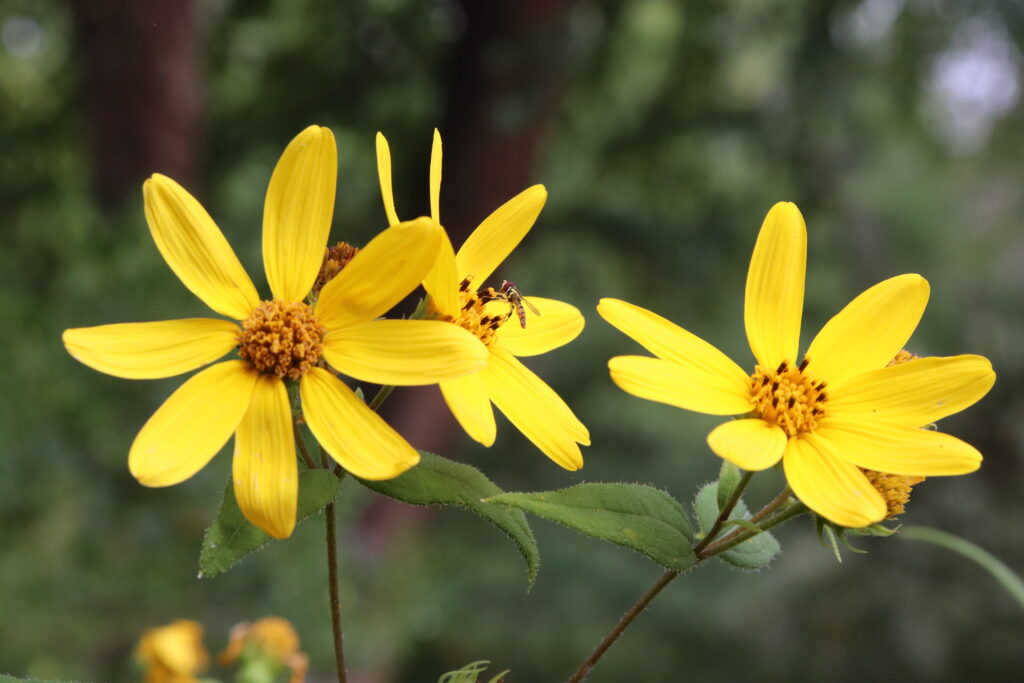
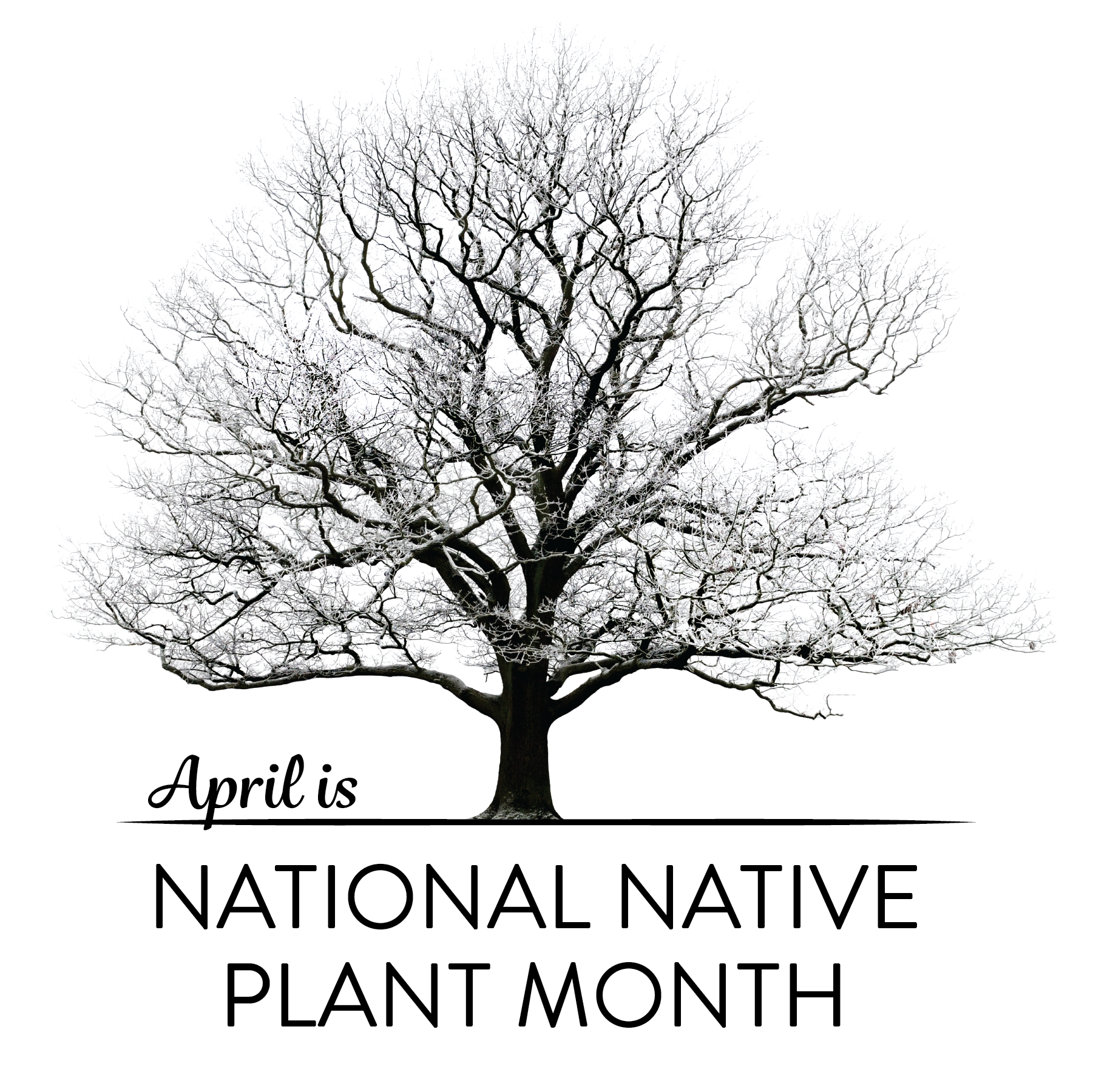
No responses yet